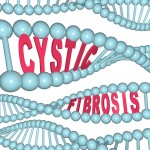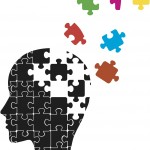
Bipolar disorder is considered a hereditary condition. There is emerging evidence that prodromes/early symptoms are evident in children before disorders develop. This potentially offers a chance to treat and prevent the development of mental health problems in adulthood. Being able to identifying early symptoms of the onset of this mental health disorder is clearly important, however, [read the full story…]













